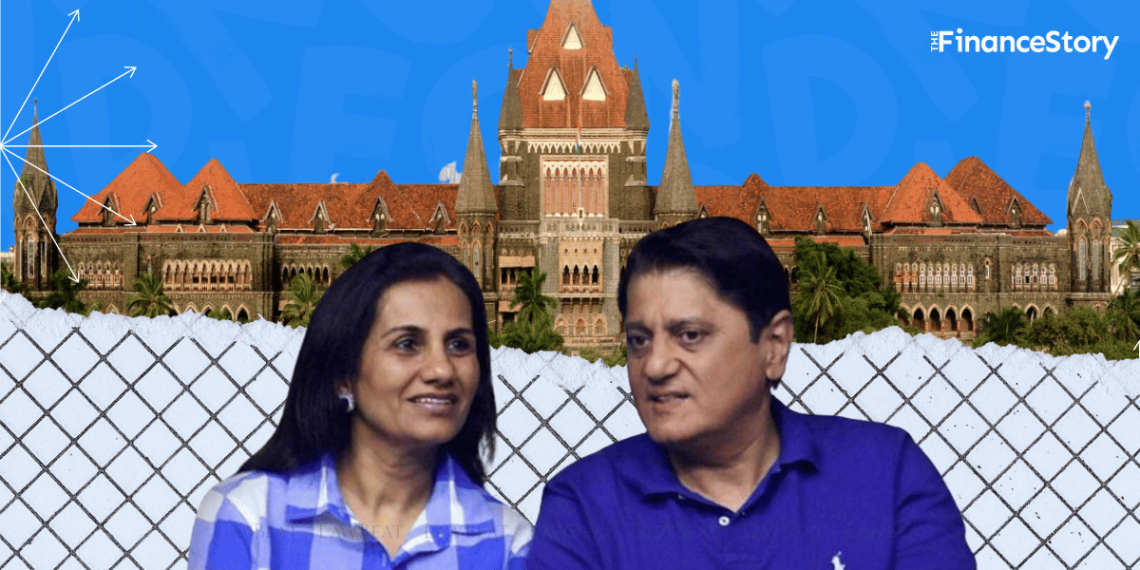- Chanda Kochhar, the former CEO and MD of ICICI Bank, and her husband Deepak Kochhar, have been granted interim bail by the Bombay High Court.
- This development is connected to the ICICI Bank – Videocon Group loan scam which took place between 2009 to 2011.
- On 6th February, the court declared that the arrest made by the Central Bureau of Investigation (CBI) was improper.
The ICICI Bank – Videocon Loan scam
According to CBI’s filings, Chanda Kochhar, the Former CEO and MD of ICICI Bank misused her position.
She approved a loan of ₹3,250 crore (US$696.34 million) to Videocon International Electronics Limited (VIEL) owned by Venugopal Dhoot.
Deepak Kochhar, husband of Chanda Kochhar and founder of NuPower Renewables was also accused of the scam.
The CBI’s charges claimed that Dhoot allegedly invested crores of rupees in NuPower Renewables, months after the ICICI Bank loan was granted to the Videocon group.
When did the scam occur?
This scam took place between June 2009 and October 2011.
CBI files a chargesheet against Kochhar
On 23rd December 2022, Chanda Kochhar and her husband were taken into custody by the CBI, in violation of the Banking Regulation Act, the Reserve Bank of India’s guidelines, and the credit policy of the bank.
In April 2023, the CBI filed a chargesheet against Kochhar, her husband Deepak, Dhoot, and six others.
The court declares arrest as “illegal”
On 6th February 2024, the Bombay High Court declared the arrest of Chanda Kochhar, and her husband, Deepak Kochhar, as “illegal” about the Videocon loan case.
The court has granted interim bail to the Kochhars.
What do CBI and Kochhar’s advocates claim?
Advocate Kuldeep Patil, representing the CBI, stated that Kochhar had shown a complete lack of cooperation.
On the other hand, Kochhar’s lawyer Amit Desai countered that when the CBI arrested Kochhar, there was no female officer present, which is required by law.
Final verdict
Though the Bombay High Court has ruled Kochhar’s arrest illegal, the damage to public trust in bankers and the banking system is already done.
It should serve as a wake-up call for Indian banks to strengthen their internal controls, risk management, and compliance practices.







